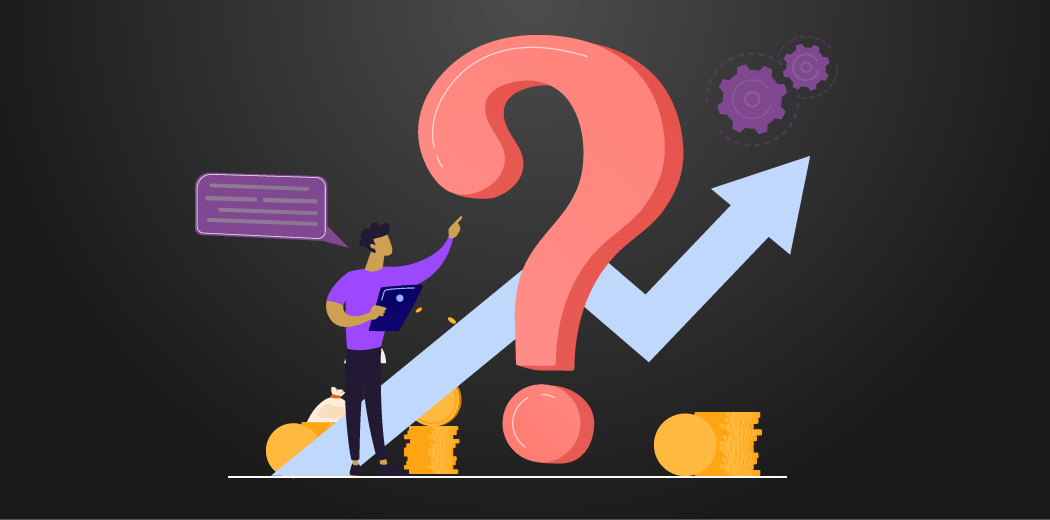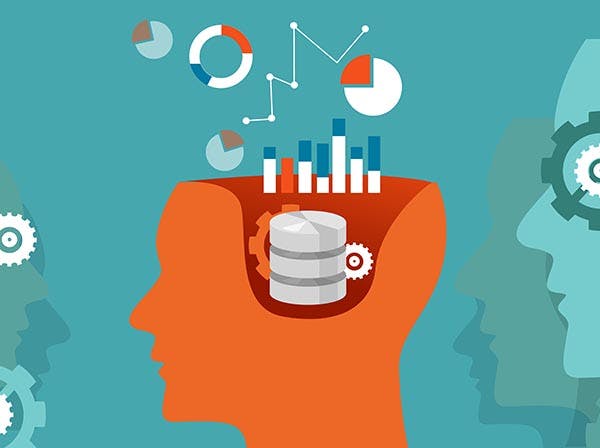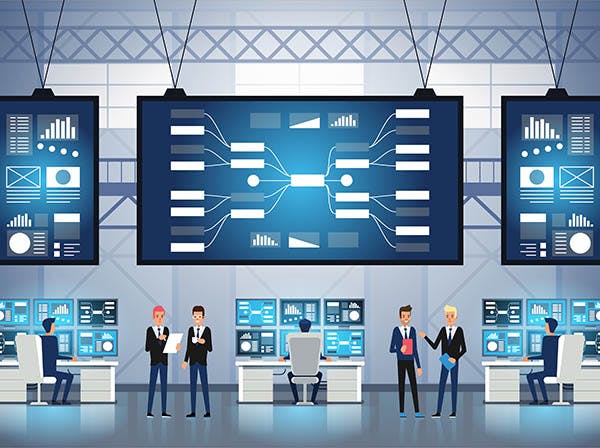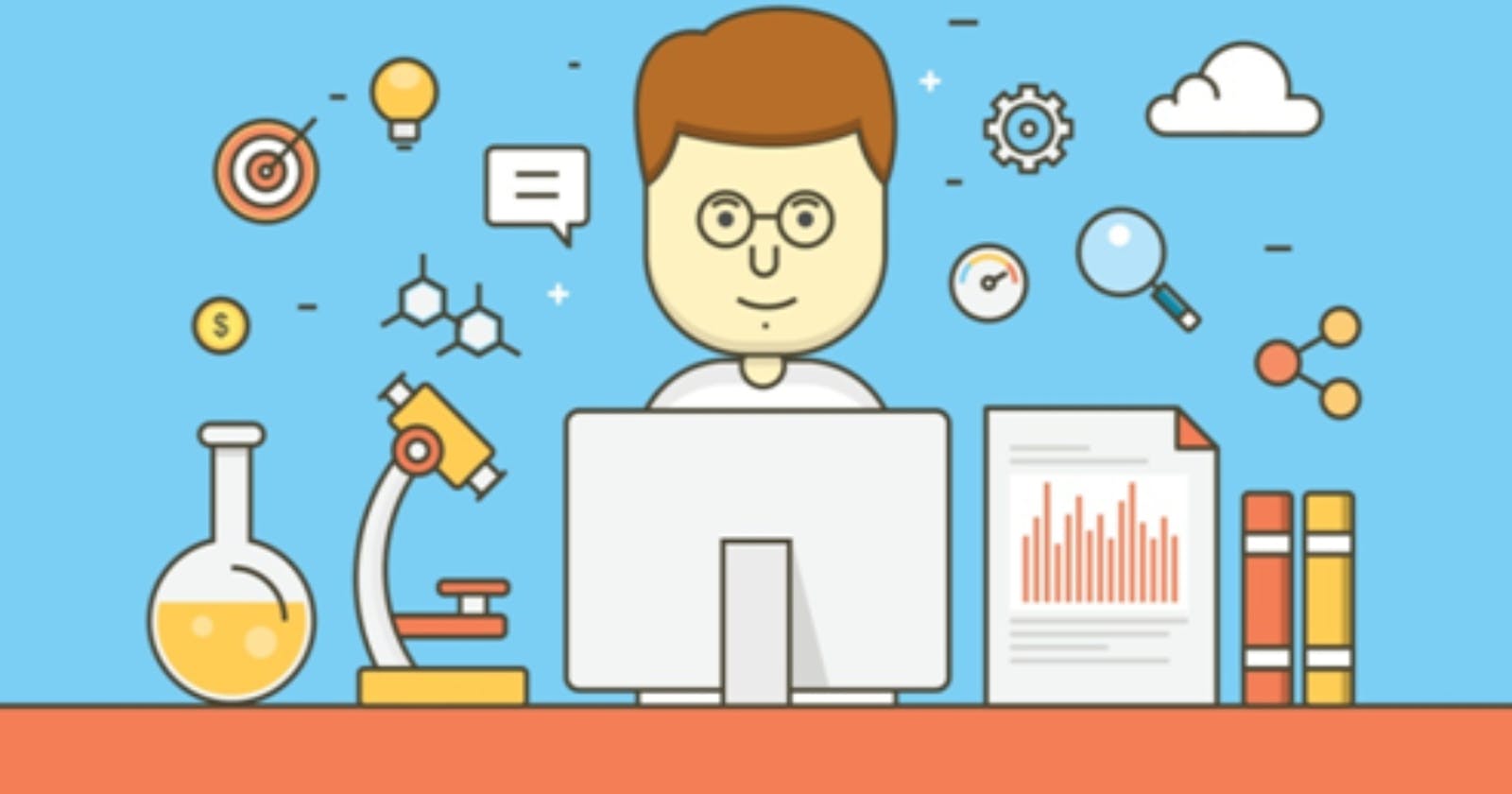Coronavirus pandemic has entirely changed the dynamics of the workplace. The upcoming decade is expected to shift more towards innovative technologies like machine learning, artificial intelligence, and robotics. etc. These will soon dominate the world. The World Economic Forum's Future of Work Report 2020 states that by the year 2025, a data scientist will be in hefty demand.
Gradually, data has turned into the world's most desirable and valuable commodity. According to experts, data will act like the future oil and its engine will be the entire analytics involved. Nowadays, organizations are strategizing towards harnessing the data and procedures to do that. Data Science is a creative bunch of Statistics, Computer Science, Management, and Mathematics, etc.
Every organization demands data be gathered from various sources and analyzed accordingly. Data analytics is done based on data collected and valuable insights are taken out. There are technologies in trend like blockchain, quantum computing, cloud computing, that are transforming data science.
Let's dive deeper into what is the future of a Data scientist?
Who is a Data Scientist?
A data scientist works in diverse domains and mainly identifies the problem statement, builds objectives in line with the business purposes. They help you know the trends and patterns using machine learning, AI and make necessary predictions based on data. A data scientist must have a robust background in the subjects like statistics, AI, data engineering, etc.

With more experience, a data scientist can utilize his core competencies for problem-solving in more diverse areas like retail, finance, healthcare. The job of the data scientist is to explore data, build problem statements provide engineer effective solutions. Mainly, a data scientist has to find out the issues where data science could be used and improve human decision-making through its data insights.
Learn the difference between Data Analyst and Data Scientist
What future does it hold?
1. Data Analyst
A data analyst has to work with the management and business team to create the objectives and business requirements. They gather relevant data and explores it by later transforming and analyzing it to interpret trends and patterns. A data scientist helps in showing the patterns and visualizing them to help the team translate those patterns into actionable items.

Business analysts must know business intelligence and work with the business models and technology. Good interpersonal and technical skills like database management, programming, and data visualization tools are required.
2. Data Engineer
Earlier, businesses used to hire database administrators to build and manage data regularly. They have to maintain the performance and integrity of the company's databases. Also, they need to have a great knowledge of disaster recovery, traditional relational databases, and backup procedures.

A data engineer is accountable for making and maintaining data pipelines that are scalable and building APIs to best support the data repositories. Nowadays, the data models have turned diverse in knowledge and nature in data formats. Moreover, it now has turned a necessity for big data technologies to populate their data models.
3. Enterprise Data Architect
Data architects and agents offers data management services to the company at a strategic level and they ensure accessibility, data quality, and security. However, they have to make blueprints for pipelines, data management, and their repositories at a strategic level.

They make and operate a business's database by finding the technology layers, its performance, and database size need. A data architect has to work with various data engineers and administrators to make sure the strategic use of the data while ensuring privacy, performance and security.
The major technology trends that could affect their future are quantum computers and AI. AI-enabled biometrics permits a person to be recognized and authenticated based on verifiable data such as iris, voice, fingerprint, and face. Plus, quantum computers have good processing units that could support the computational needs of the upcoming generation of apps.
Biometrics-based technology like retina identification, DNA matching, voice identification, etc, will gradually transform the security and authentication systems. With the help of machine learning and AI, computer-based technology can better identify and classify objects in videos and images. Natural language processing methods are used to make sure human commands have automated outcomes. If we use AI in self-driving vehicles, it can help in lessening collisions and the driver's burden.
Wrapping Up
There is a great need for data science experts in every field and is not just technology limited. A need for professionals with the insight-driven approach to how a business can grow with data has taken solutions out. Government and businesses are willing to spend huge money on big data to give efficient services to their customers. Data science is the future and it will not take a backseat anytime soon.
